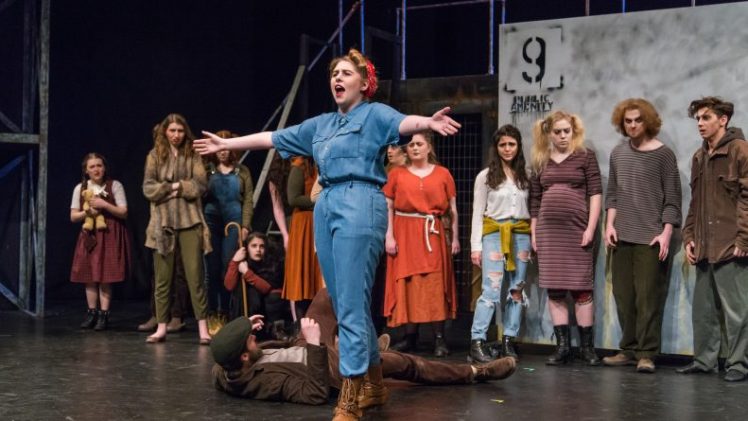Theater in Students Life
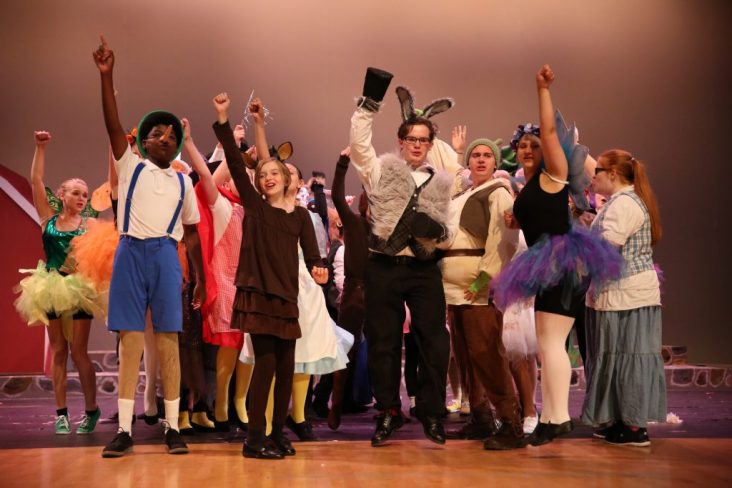
Source:southmilwaukeepac.org
Being a student is a challenging process an individual can go through, but there are multiple ways to cope with it, such as dealing with art regardless of the field. Many students are shy about showing their talents to their parents or teachers. The primary importance of theatre in a student’s life is to make them feel comfortable and create a space to show their talents. In this way, they can easily cope with the stress of their exams or finals. Also, it could be useful for them sometimes to write essays about theater performances. Sometimes the students struggle with those tasks, but fortunately there are lot of sites like writepaperfor.me which can help them out.
On the other hand, the theater has a strong effect on children. Children’s theaters have a significant and reliable place in the education and personal development of children from past to present. Theaters, which open the doors of different worlds to children and allow them to spend quality time within a few hours, are always at the forefront of the activity lists of parents. Theater can affect you as a student, and as a child in several ways, let’s have a look at how it can.
Individuality
Theatre can bring healthy and beneficial individuals to society. Each play in the theater teaches students new things about life and contributes directly to their personal development. Theater instills in students the awareness of being a member of the society in which they live. It provides the ability to view events from a different perspective. Also, it teaches cooperation and solidarity and improves aesthetic perception and increases interest in art. It helps the student to get away from emotional tensions and to find solutions to his/her problems. It addresses their different senses with light, sound, and stage arrangement. The positive effect of the theater on children does not end with counting. More importantly, this positive relationship between theater and children is reflected in society over time and the number of individuals who make all the positive features increases in community.
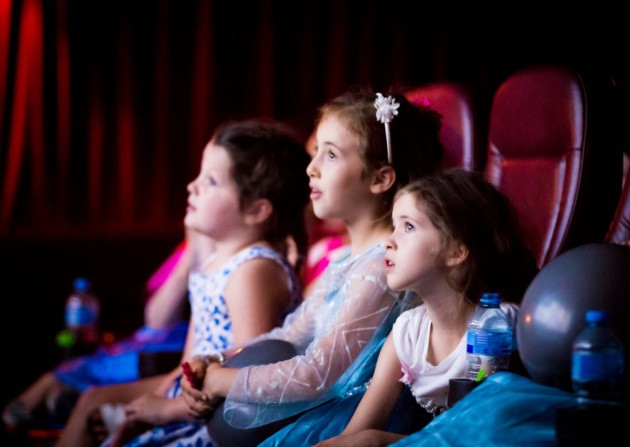
Source:lifeliketouring.com
Performance
Being in a theatre club as a student is an active process of production, it can make you happy and energetic at the same time. As Oscar Wilde suggests, “Life imitates Art far more than Art imitates Life,” you can find your perspective about life while focusing on being an active member of your theatre club. The child can find an opportunity to show his/her skills to the parents and teachers.
Perspective
The theater can show to the child that play is a serious business, and it can activate his/her creativity. The things he/she watches are people, sounds, colors, textures, and he/she acknowledges that they are real. The child goes to different worlds through that reality, sometimes goes on a journey of culture and love with Romeo and Juliet, and sometimes becomes a guest of the colorful world of animals. The dream world grows and broadens his/her perspective on life.
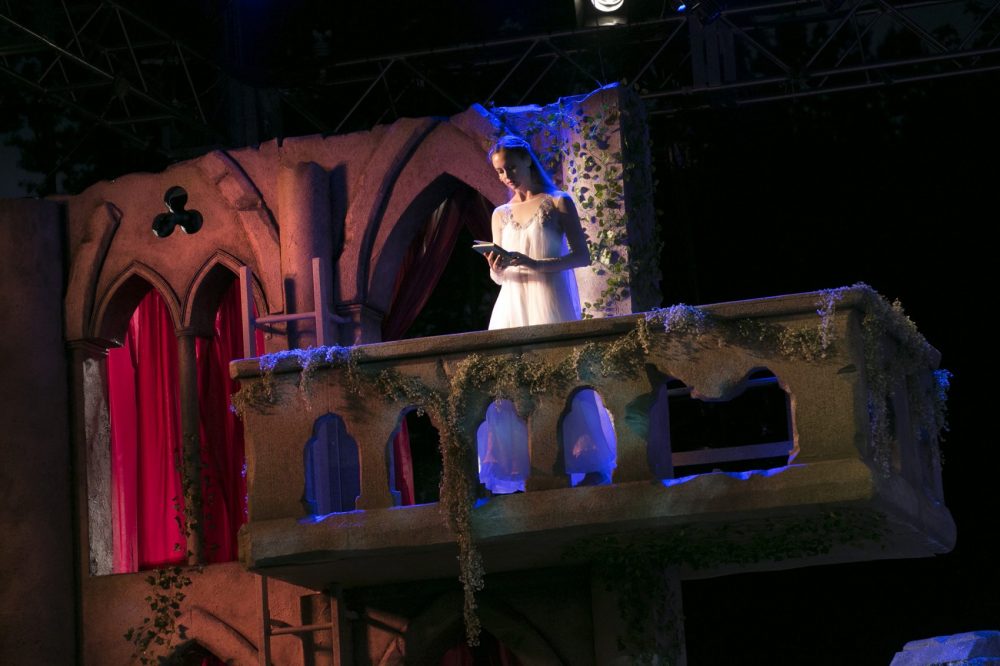
Source:wbur.org
Self-Confidence
In general, children theatre can give a sense of self-confidence to all children, especially the ones who have difficulties while communicating with their environment. In a theater play, the children can laugh and have fun together with their friends, and they find the chance to learn things together. They can improve themselves in issues such as getting along with others, building a stronger bond with their environment, self-confidence, adaptation, and courage.
Observation
Children and students can learn different things in a play through their observation. Children who focus on the flow of the play, observe the actors on the stage, and empathize with them. As a result, the message of the play can be learned through observation and transferred to their life. Children can express their feelings and thoughts more fluently and more effectively while acting on a stage. Another advantage of learning through observation is that it provides an essential contribution to the development of skills such as attention, perception, speech, and listening in children and students.
Fears and Anxiety
Theater can show a way to children or students to deal with their fears and anxiety. Especially children may encounter some objects or characters which they can fear in theater plays. The relationship established with these feared objects and appearances such as doctor, darkness, dog, and mouse in the game can change their phobias into meaningless fears. In other words, some objects that are considered to be the cause of dread in their world can gain a very different meaning with theater. That can naturally change the child’s perspective on that object and make them feel comfortable when they see it. In this way, the child can get rid of his/her fears.
Creativity and Critical Thinking
Critical thinking is gained from life experience and observations. The theater plays a vital role in helping children and students to learn essential skills of thinking because children receive a more racer, exam, or score-oriented education in schools. In such a system, they acquire the information directly, but often do not find the time to acknowledge the information they obtain through a critical filter. The educational side of the theater and its contribution to critical thinking become more prominent at this point. A child who has experience in theater develops his/her skills to be utilized in all areas of life, such as critical thinking, establishing a cause and effect relationship.
Briefly
Theatre can teach several things to the children and students such as:
- They begin to discover life by learning by watching and imitating it.
- If he/she is in a theater group, he/she can expand the role repertoire. So they can express themselves better.
- If they are in a theater or drama group, they learn to support each other and cooperate.
- They can make sense of life better.
- Self-confidence and problem-solving abilities can increase.
- They learn to communicate effectively.
- Learn universal values such as love, peace, and unity.
- They grow up as happy, initiative, and creative individuals.
The Importance of the Theater in Current Education
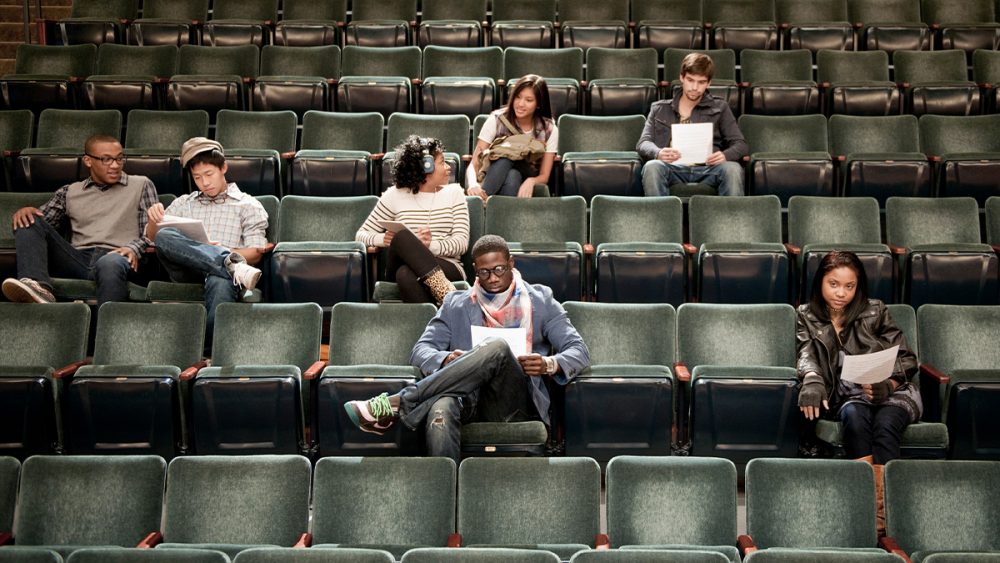
Source:hbr.org
Theater as an educational activity has been raised, from a traditional perspective, as a complementary practice. There, students attend theater performances to approach literature from a playful point of view, so that they can witness how it comes alive and thus stimulate their sensitivity and aesthetic taste. This practice, although convenient, is still a passive activity for students in which some of the essential aspects that theater can contribute to school education are excluded.
It is true that teachers of Language and Literature routinely use theatrical texts for the teaching of oral expression through dramatization. This exercise undoubtedly helps students become aware of the expressive capacity of their voice and learn to understand better and interpret the language, and, at the same time, collaborates in making them more effective communicators, essential competence in the communication society, in which we live.
However, my experience has taught me that it is in the practice of theatrical activity through the assembly of a complete work where the capacity of the theater is revealed as a total formative activity, which integrates different aspects – developmental, playful and human – indispensable for the education of the students.
According to the new educational conceptions, a student is the protagonist of his learning. He exercises his abilities, memory, expressiveness, and creativity, as well as those related to self-esteem and initiative. All these individual capacities are reinforced with group work. Students trust and contribute to the development of a project. That includes the whole process, from rehearsals to staging. It culminates in the representation, with all the satisfaction of shared success.
This activity takes place in a relaxed and playful environment, where students enjoy each part of the process, which contributes to the reinforcement of learning and values such as sensitivity, dedication, cooperation, empathy, and illusion, which are essential in the human formation of our young people.
Therefore, we can affirm that the practice of theater, due to its formative and human value, fulfills several essential objectives of education. It develops and reinforces the individual abilities and social skills of students, which results in higher performance in other academic activities and their best personal development.
On the other hand, the assembly of a play is an educational practice that extends its values beyond the students who carry it out. It is an enriching and formative experience for teachers and for those who attend and collaborate in the representation. In short, it is a project that manages to involve a whole center and families, thus integrating the entire educational community.


